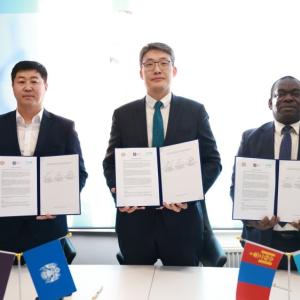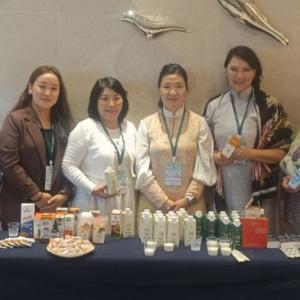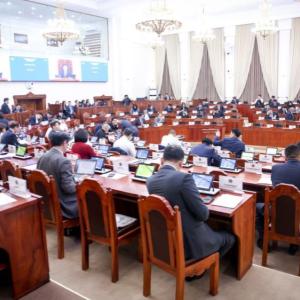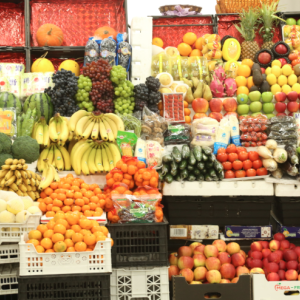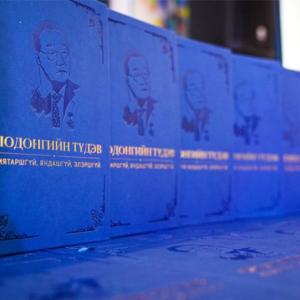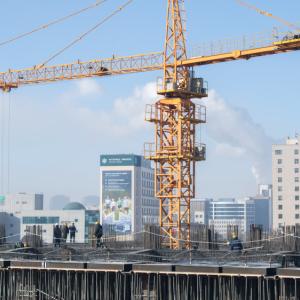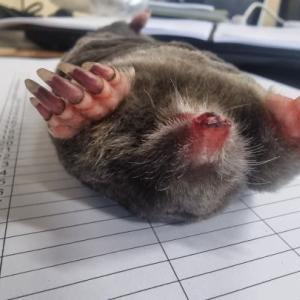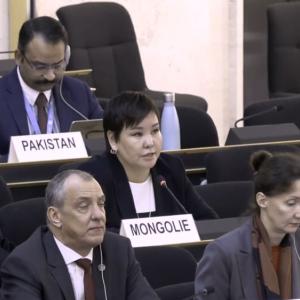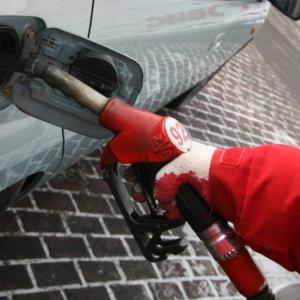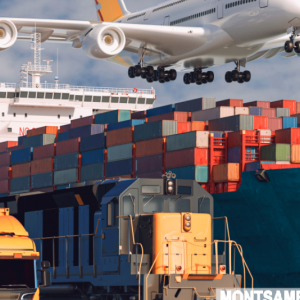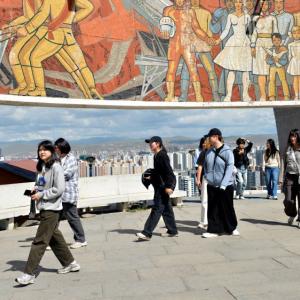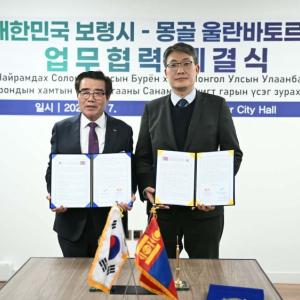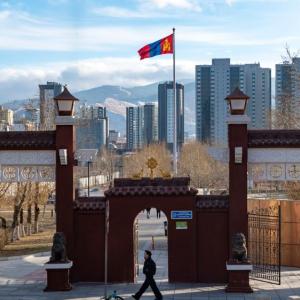First subprogram on reducing soil pollution in Ulaanbaatar being developed
Environment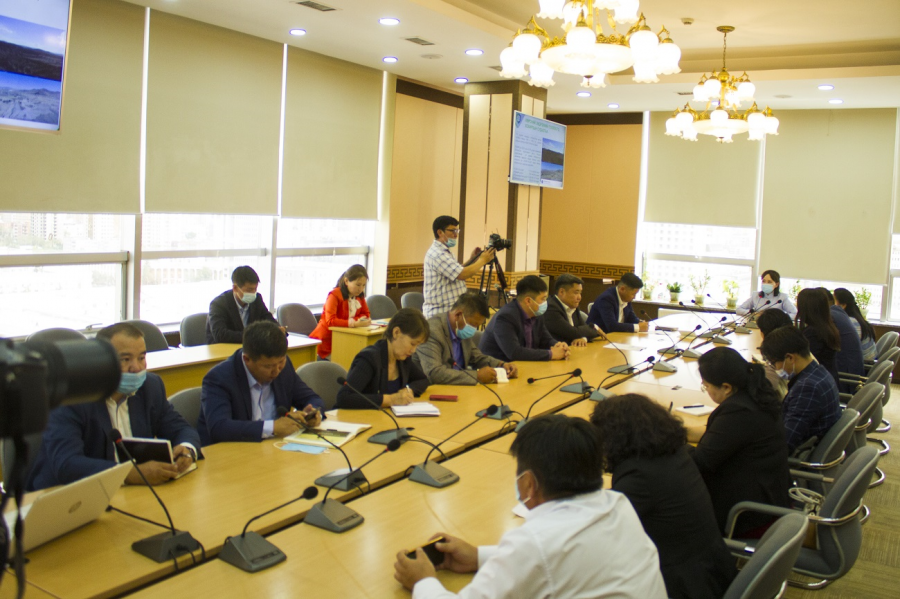
Ulaanbaatar /MONTSAME/. While 88 percent of the samples taken from the soil of Ulaanbaatar had more bacteria and fungus compared to the standard amount of bacterial contamination, the level of ammonia pollution in densely populated areas of the city was 10 times more than those of healthy pasture soils. On top of this, organic pollutants are high in the city soil, which is directly caused by ger districts, and household and liquid waste.
Studies conducted in recent years show that 13 percent of the soil in Ulaanbaatar city has eroded to some extent due to the wrongdoings of citizens, entities and organizations, and 70 percent of the eroded areas are currently in a state of severe degradation. Due to the aforementioned circumstance, a working group that established to develop a subprogram on reducing soil degradation and pollution held a meeting on August 24.
Capital city official in charge of air and environment pollution projects D.Munkhjargal said, “The working group consisting of representatives of the city’s nine districts, some capital city agencies and authorities, the Mongolian Academy of Sciences, and NGOs is the first step to effectively resolve the issue of soil pollution based on proper research. With the acceleration of soil pollution research from 2000, groundwater pollution and bacterial contamination began to be more researched. As the current state of soil has been comprehensively defined, our next step is to define the pressing issues. Research works done by foreign and domestic institutions on the issue are currently being studied.
As ash and waste negatively impact air and soil pollution, a working group has been established on the matter of ash sorting and recycling. A standard for refined coal was approved, and ash sorting was tested out in four khoroos. According to the order issued by the Capital City Governor, citizens living in six districts have been ordered to separate their ash from household waste so far.”
It is the first time a subprogram is being developed on reducing soil pollution by the capital city.
 Ulaanbaatar
Ulaanbaatar































